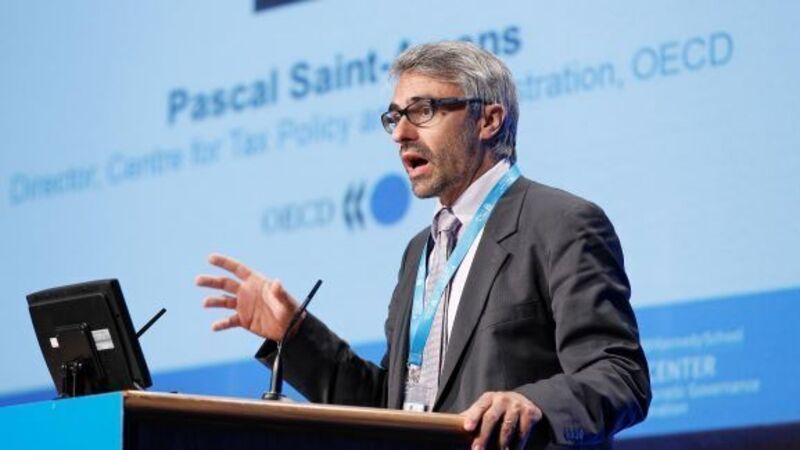Closing tax loopholes ‘will benefit State’

All OECD countries as well as the G20 have signed up for the Base Erosion and Profit Shifting (BEPS) programme, which aims to eliminate “double non-taxation” among multinational companies. Mr Saint-Amans, who was in Dublin for a taxation conference organised by the Irish Taxation Institute and the Harvard Kennedy School, said that if the BEPS project fails, then high tax countries might proceed with unilateral action and tax companies the difference between what they pay in their country and what companies pay in low corporate tax jurisdictions such as Ireland.
“However, if the BEPS project succeeds and companies have to pay tax in just one jurisdiction, then it could benefit a country like Ireland because of its low rate. People would be happier if they paid tax in Ireland, which has a lower rate, but is fully respectable and accepted worldwide, but the problem now is they don’t even pay it here because they are located in Bermuda.”
















